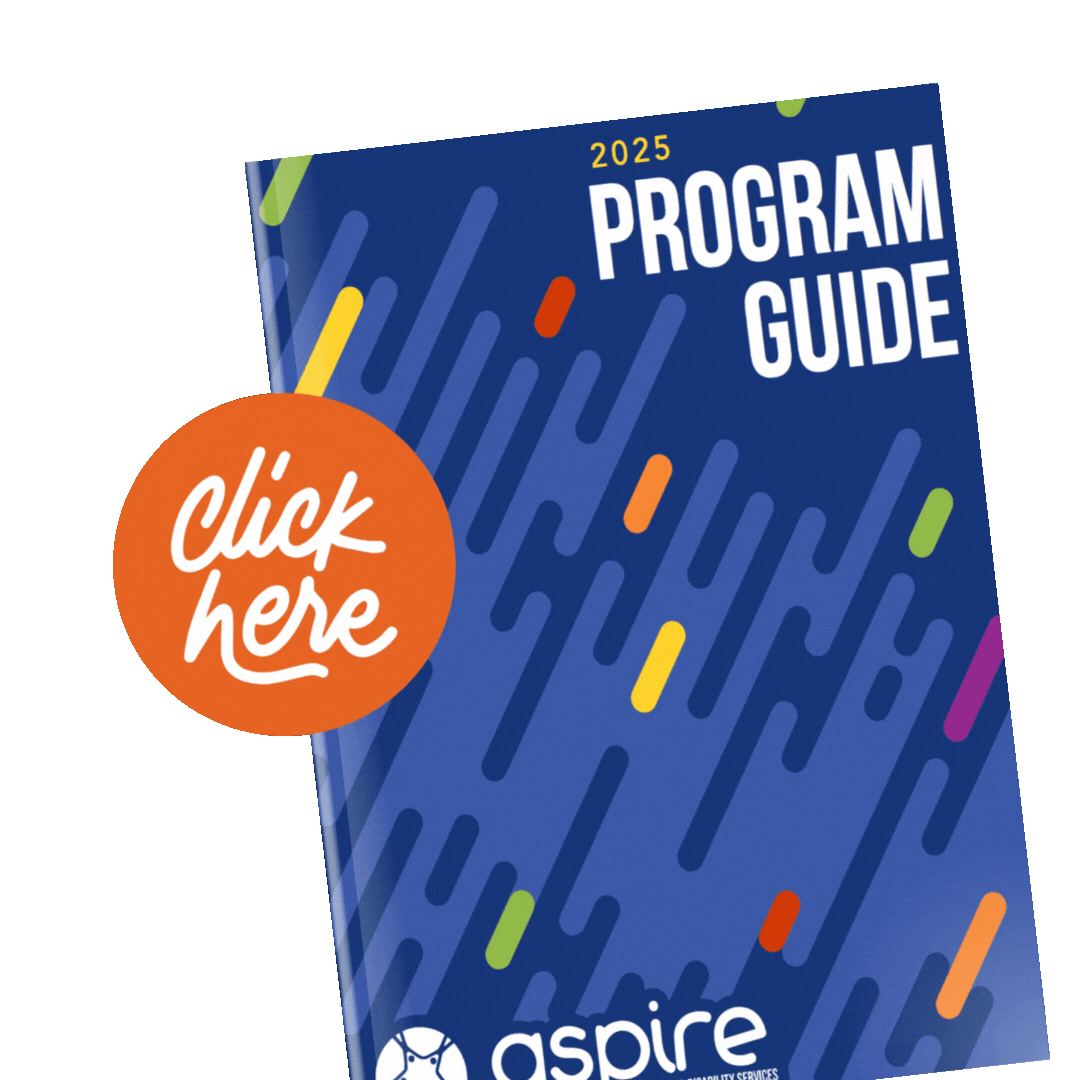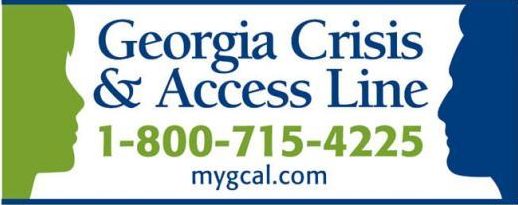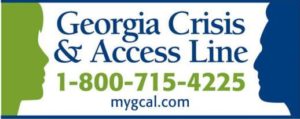
Aspire (Albany Area Community Service Board) is a public, non-profit community service board providing mental health, addictive disease, and developmental disability services to citizens of Dougherty, Baker, Calhoun, Early, Lee, Miller, Terrell, and Worth Counties.
Aspire Behavioral Health and Developmental Disability Services provides the opportunity and support individuals need to take the first step in making changes to improve behavioral health and/or developmental disability challenges.
Need Help Now?
Walk-In Crisis Assessment
24/7 Services
Behavioral Health Crisis Center
601 West 11th Avenue
Albany, GA 31707
(Crisis Entrance)
229.430.1842
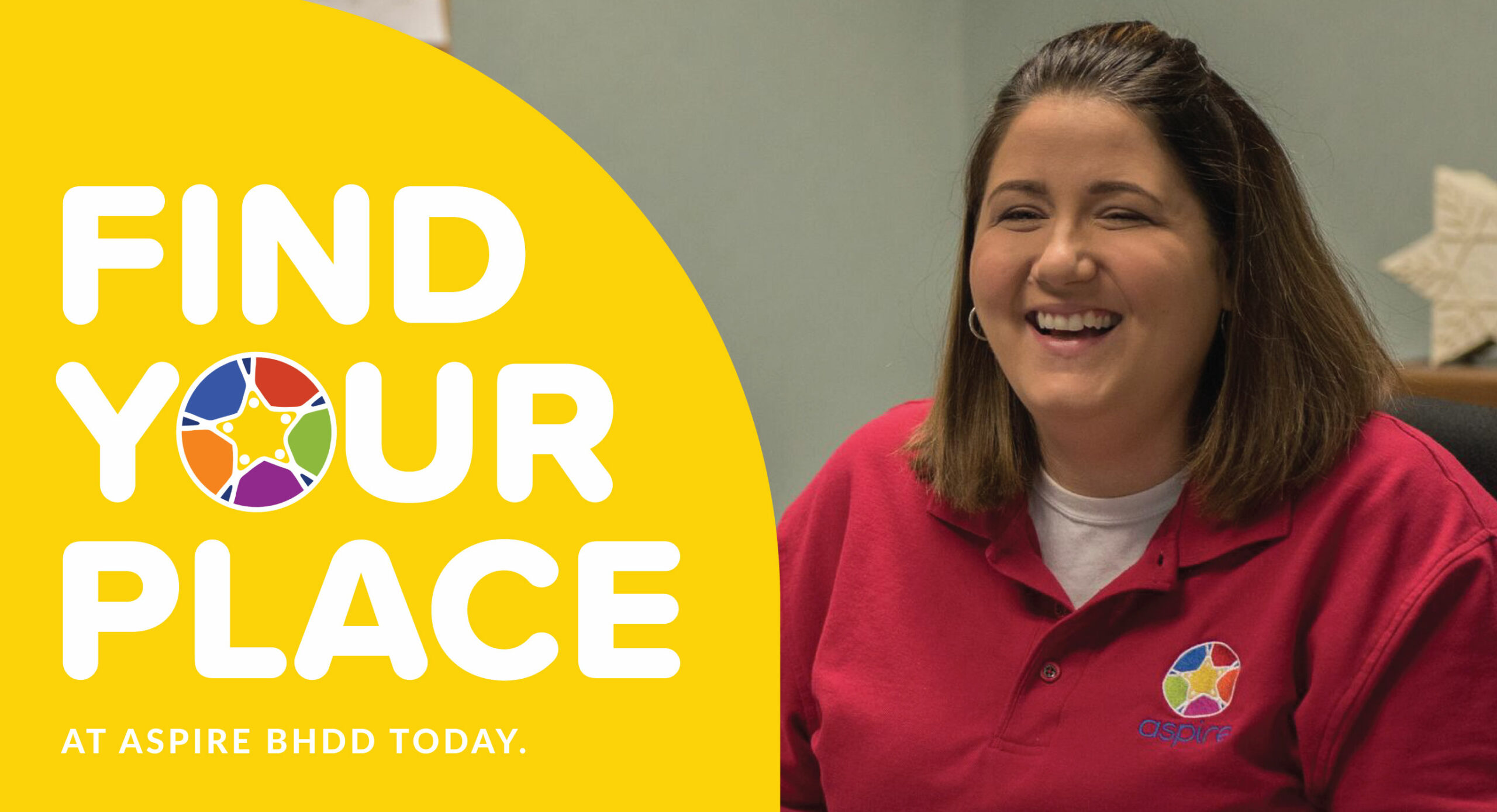
Join Our Team
Are you searching for an opportunity to build the career of your dreams and join a team of professionals that are passionate about helping people? Aspire is your place. Please click on the button below to view the current positions available.
FY25 Programming Guide
Explore Aspire’s complete spectrum of care in our new 2025 Programming Guide. This comprehensive resource showcases our full range of services, including behavioral health, addictive disease treatment, crisis intervention, residential programs, youth services, and intellectual/developmental disability support. Whether you’re a community partner, someone seeking services, or a referral source, this guide offers a clear roadmap to our integrated system of person-centered care. Click to discover how our programs work together to support health, hope, and recovery in your community.
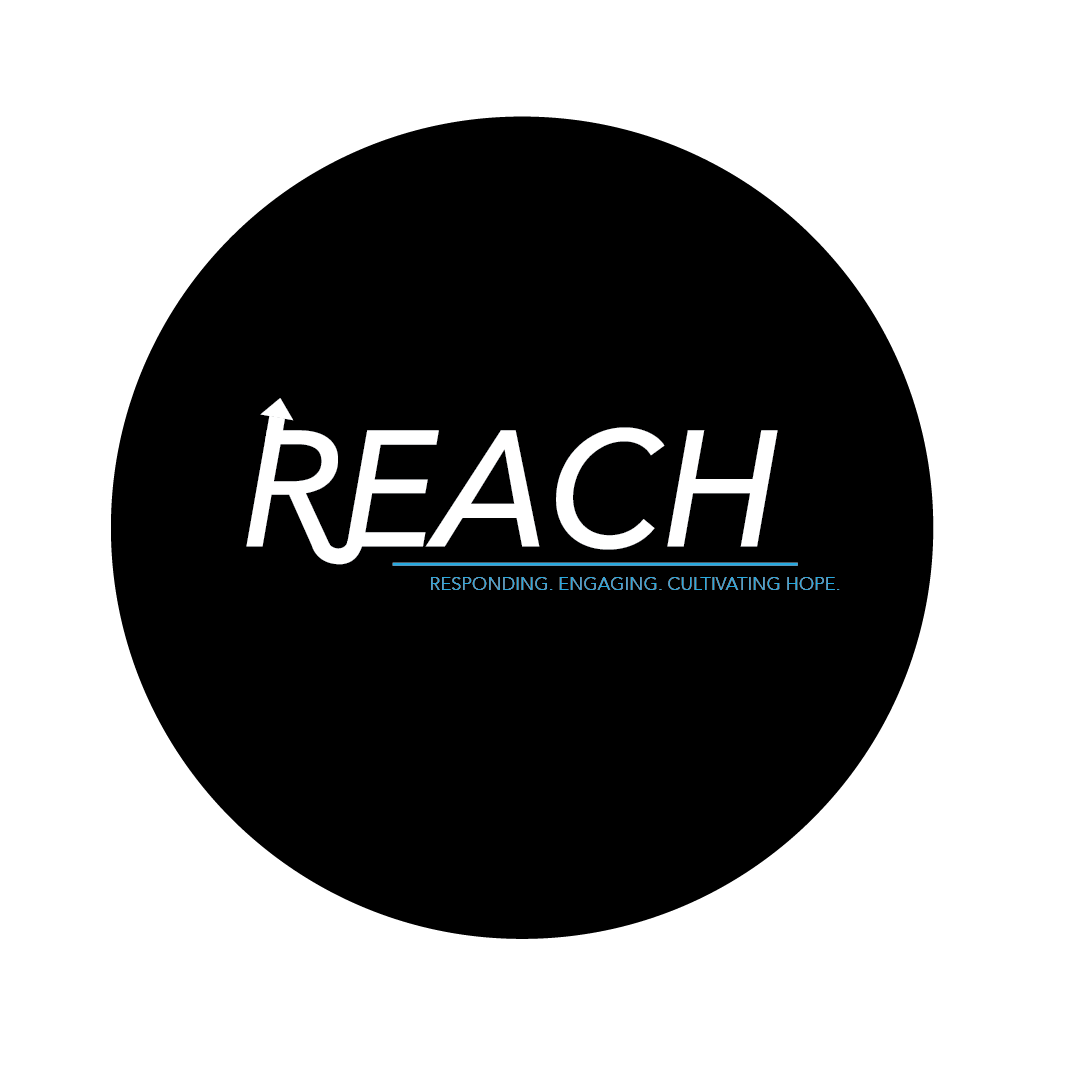
NEW INITIATIVE
Aspire Behavioral Health in Collaboration with Albany Police Department
The REACH program is a crisis intervention program that responds to mental health calls to the 911 system. The program is designed to reduce recidivism, connect individuals to resources, provide follow-ups after crisis, advocacy, and pair law enforcement with mental health professionals.
Community Service Boards (CSBs) were set up by the state to provide direct and immediate assistance to those requiring help. Aspire is one of 27 agencies created by the state of Georgia to provide a safety net of care for behavioral health and developmental disabilities. If you or a family member needs access to supports for mental health, developmental disability, or substance-abuse services, find the nearest Community Service Board (CSB) that can assist or provide a referral. As a CSB, Aspire provides services to those in Southwest Georgia.
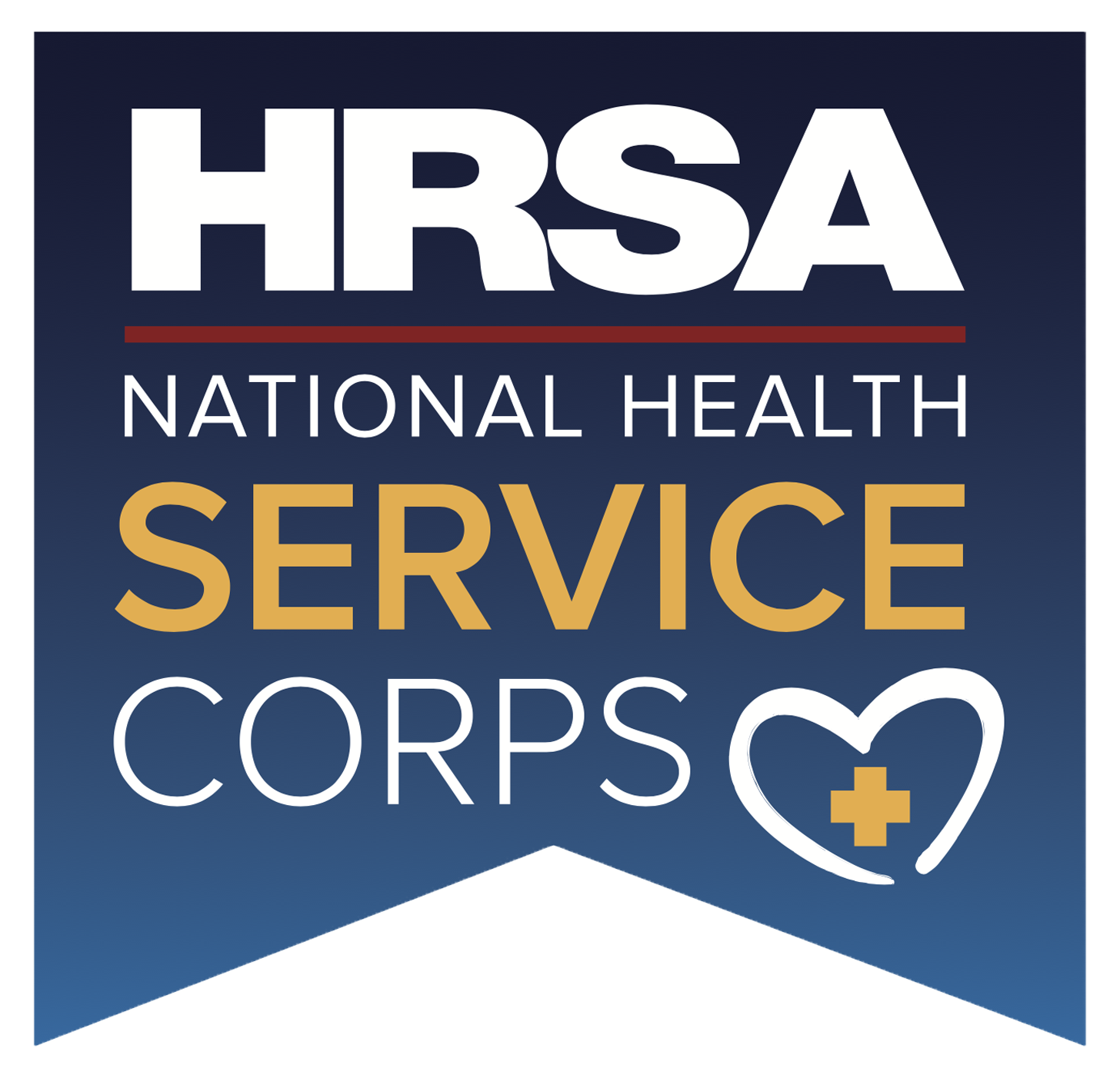
As a National Health Service Corps site, we promise to:
- Serve all patients
- Offer discounted fees for patients who qualify
- Not deny services based on a person’s:
- Race, Color, Sex, Age, National Origin, Disability, Religion, Gender Identity, Sexual Orientation, or Inability to pay
- Accept insurance, including:
- Medicaid, Medicare, or Children’s Health Insurance Program (CHIP)
This facility is a member of the National Health Service Corps: NHSC.hrsa.gov.


